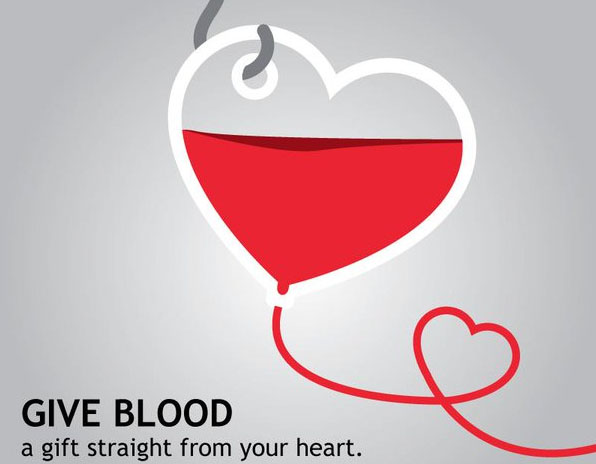‘Blood donors have less risk of getting cancer’
The Zonal Coordinator, National Blood Transfusion Service (South South zone), in Edo State, Dr. Daniel Oshiame, has said that regular blood donors have less risk of having cancer and other diseases. Dr. Oshiame disclosed this during an interview in Benin. He also said Nigeria needs 38,000 units of blood daily to be able to save […]

The Zonal Coordinator, National Blood Transfusion Service (South South zone), in Edo State, Dr. Daniel Oshiame, has said that regular blood donors have less risk of having cancer and other diseases.
Dr. Oshiame disclosed this during an interview in Benin. He also said Nigeria needs 38,000 units of blood daily to be able to save lives.
“There are several benefits of donating blood, for example those that donate have less risks of getting cancer later in life. They have fresh blood and live healthy lifestyles and can hardly also get hepatitis B and HIV because the blood is always screened during donation.
“Nigeria needs 38,000 units of blood in a day and in a year about one million or a little above that annually to save lives. There are 17 centres in the country but we have not been able to meet up this numbers due to activities of blood merchants and other challenges,” he said.
According to him, the major obstacles militating against achieving daily 38,000 blood units are blood merchants who pay blood donors to get their blood without screening.
“Most people prefer to sell blood and get money to donating voluntarily because of the economic situation. We have been carrying out sensitization and we want Nigerians to understand that the concept of blood donation is to save lives, he added.
He called on Nigerians to donate blood voluntarily to reduce the high mortality rate as well as increase life expectancy rate, noting that insufficient blood for transfusion accounts for over 90 percent of women deaths during child birth in the country.
He explained that a man could donate blood four times a year, in every three months, while a woman could donate three times a year, in every four months.
He said there are about 500 regular donors and 400 non-regular donors in Edo State, adding that when the national blood policy which is before the National Assembly is passed into law, the organisation would have the legal backing to regulate blood transfusion and check activities of blood merchants in the country.
